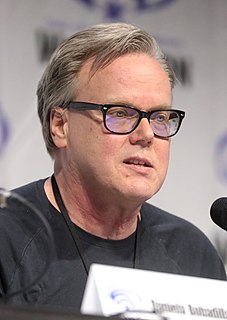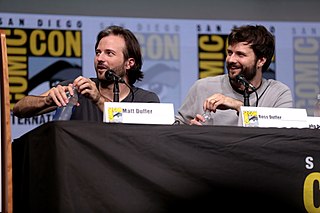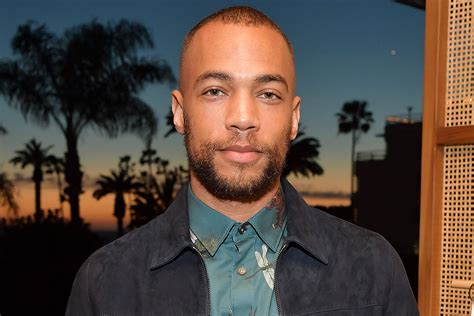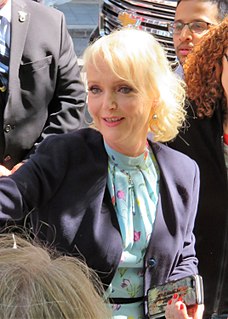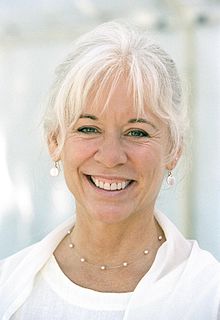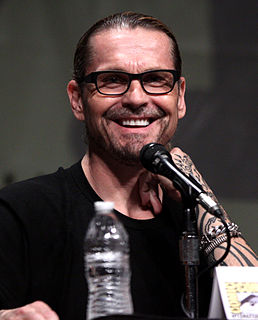A Quote by Carl Jung
In fact, the whole of mythology could be taken as a sort of projection of the collective unconscious
Quote Topics
Related Quotes
The collective unconscious appears to consist of mythological motifs or primordial images, for which reason the myths of all nations are its real exponents. In fact the whole of mythology could be taken as a sort of projection of the collective unconscious. We can see this most clearly if we look at the heavenly constellations, whose originally chaotic forms are organized through the projection of images. This explains the influence of the stars as asserted by astrologers. These influences are nothing but unconscious instrospective perceptions of the collective unconscious.
The writing is the springboard for your intuitive stuff and then you see, maybe a colour of what you want to achieve. Then you bring in the technique you've learnt. But when you're on film, you're not always in control of that. That's what makes me believe in a kind of collective unconscious, a sort of experience you draw on.

